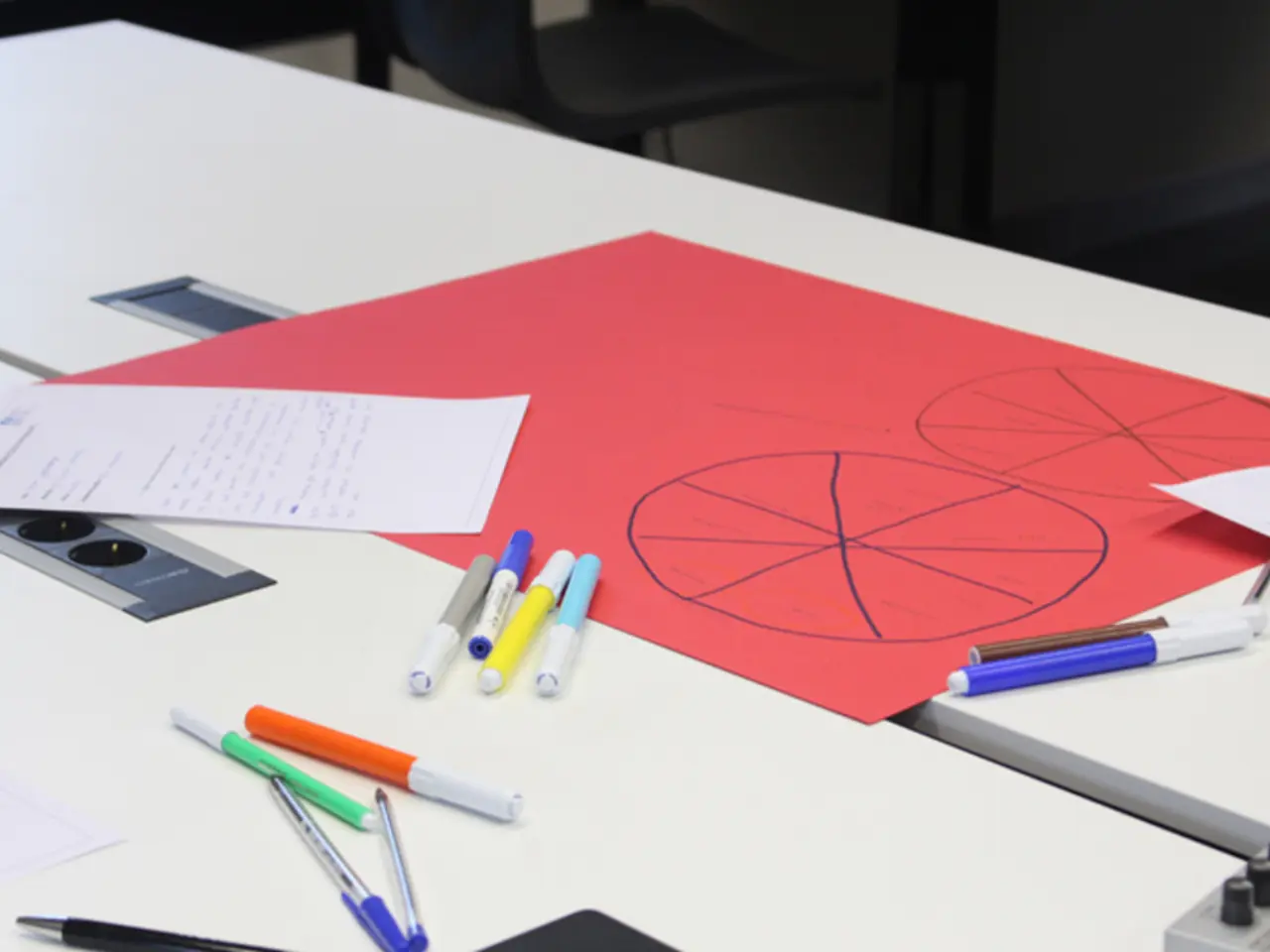Strengthening Connections through Emotional Understanding in Personal Interactions
Strengthening Personal Relationships Through Emotional Intelligence
Emotional intelligence (EI) plays a significant role in enhancing the quality of personal relationships. By improving communication, empathy, trust, and conflict resolution, EI helps individuals navigate complex social situations with ease and foster healthier, more resilient interpersonal dynamics.
Improved Communication and Empathy
Being emotionally intelligent allows individuals to recognise emotional undertones and address real issues rather than reacting defensively. This leads to fewer misunderstandings and more constructive interactions. EI also fosters the ability to understand and share others' feelings, creating a supportive environment that builds deeper trust and connection.
Trust Building and Conflict Resolution
Emotional intelligence prevents the erosion of trust by ensuring emotional needs are acknowledged and validated, reducing distance and superficiality in relationships. People with high EI view conflicts as opportunities for growth rather than threats, enabling healthier resolution and stronger bonds even amid disagreements.
Self-Awareness and Emotional Regulation
Greater self-awareness and the ability to manage one’s emotions help maintain balanced interactions, preventing negative emotional spirals that can damage relationships. Self-regulation, in relationships, helps one control their emotions and impulses, avoid unnecessary conflict, and respond more constructively.
Developing Emotional Intelligence
Emotional intelligence can be developed over time through self-awareness, practice, and intentional efforts. Practical ways to develop EI in relationships include practicing active listening, being open to feedback, managing stress, empathising with others, and expressing oneself clearly.
Empathy in Personal Relationships
Empathy in personal relationships enables one to be present for someone when they need help, build trust and intimacy, and reduce misunderstandings. Empathy in relationships contributes to a deeper connection by understanding feelings of others, creating trust, and making others feel valued and supported.
In summary, emotional intelligence enhances how people relate to one another by promoting understanding, managing emotions effectively, and fostering healthy, resilient interpersonal dynamics. This applies across personal and professional relationships, contributing to greater satisfaction and success in both domains.
[1] Mayer, J. D., Caruso, D. R., & Salovey, P. (1999). Emotional intelligence. New York: Free Press. [2] Goleman, D. (1995). Emotional intelligence: Why it can matter more than IQ. New York: Bantam Books. [3] Boyatzis, R. E. (2008). Primal leadership: Learning to lead by developing your emotional intelligence. Boston: Harvard Business School Press. [4] Bar-On, R. (2006). The emotional quotient inventory (EQ-i) manual. San Diego, CA: TalentSmart. [5] Salovey, P., & Mayer, J. D. (1990). Emotional intelligence. Imagination, Cognition and Personality, 9(3), 185-211.
- Developing emotional intelligence involves practicing active listening, managing stress, empathising with others, and expressing oneself clearly, which can foster stronger and more resilient personal relationships.
- Recognizing and addressing real issues, rather than reacting defensively, is a result of emotional intelligence, leading to fewer misunderstandings and more constructive interactions in personal relationships.
- High emotional intelligence helps individuals in personal relationships view conflicts as opportunities for growth, enabling healthier resolution and stronger bonds even amid disagreements, building trust and fostering a supportive environment.




